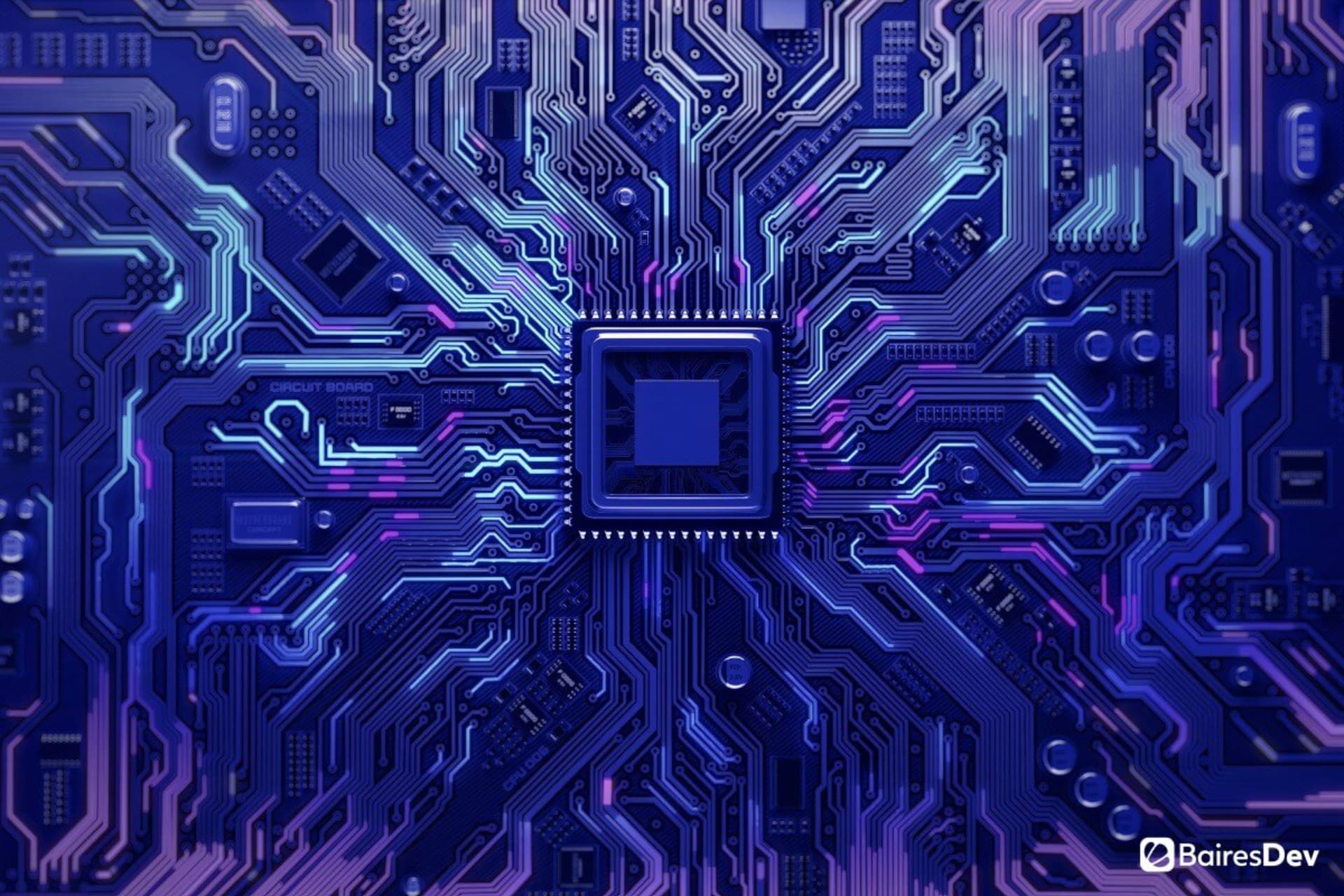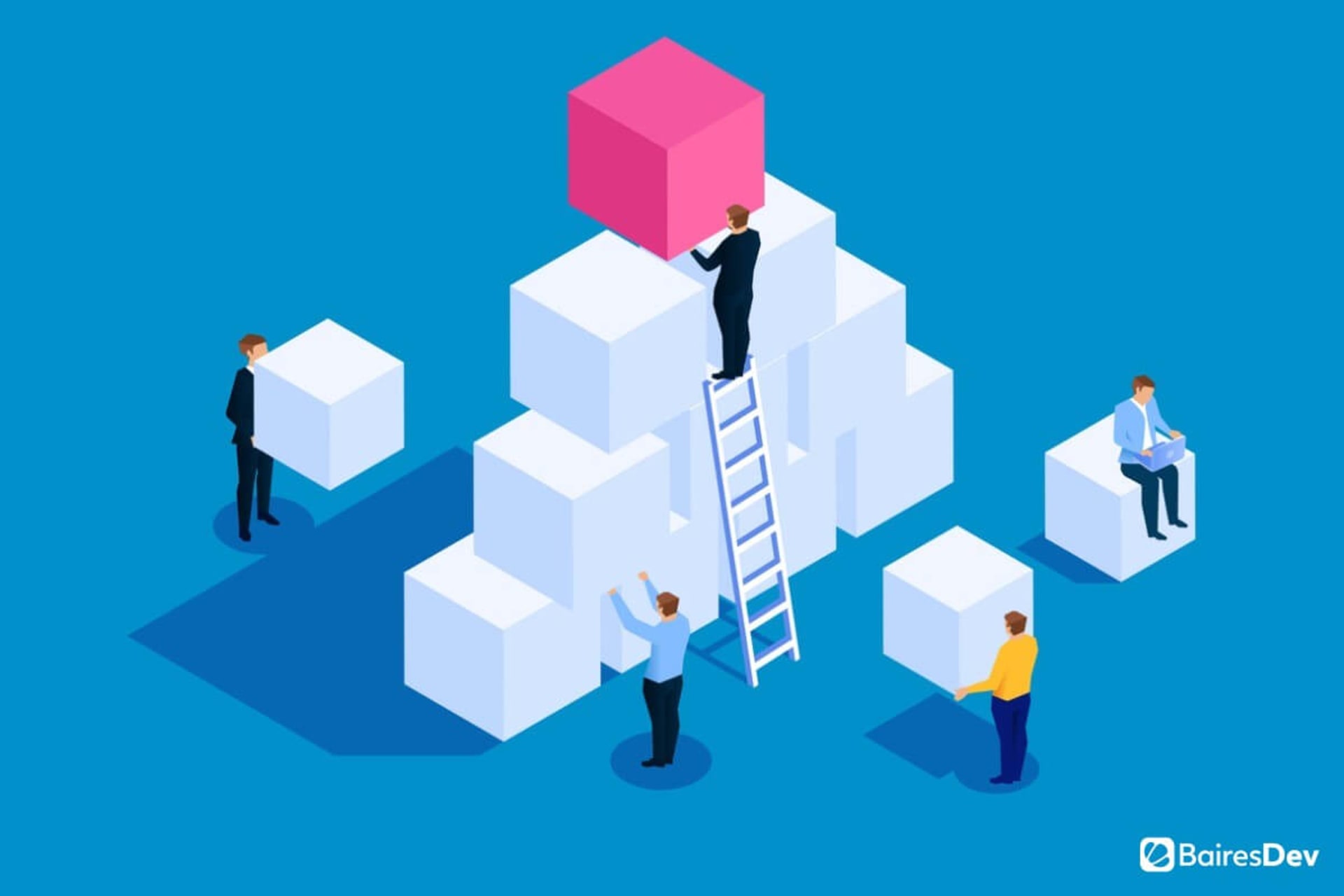Governance tokens are blockchain tokens that grant voting and management power to their users. They are really important in a DeFi environment where there is a requirement for power balance. Through governance tokens, you can vote on proposals that are related to your blockchain.
Governance tokens ensure that the voices of blockchain members are heard while making decisions related to the codebase and its management. These tokens can also define the rules by which blockchain performs transaction and block verifications.
Furthermore, governance tokens can influence new products and their roadmap, along with critical features. You can also use it to vote on patches and updates for existing applications. Think of them as an upgraded version of normal utility tokens. So, users can also collectively decide on issues like coin listing and late fees along with topics on which utility tokens can vote.
These tokens pave the way for collaboration. They get people involved in the project and help engineers in the decision-making process. For example, you can decide on code changes and treasury management through these tokens. The concept is similar to upper management taking decisions related to the company’s future. But in this case, the responsibility is in the hands of general, day-to-day users.
One thing to note is that governance tokens don’t provide unrestricted control over the ledger. That is because one of the fundamental rules of the blockchain is that no one controls it. These tokens can only be used to vote for changing the blockchain’s parameters, which users can’t change otherwise.
Usually, governance tokens aren’t mined the same way normal cryptocurrencies are mined. Instead, founders can distribute these tokens based on fund allocations or with users’ normal returns. This is done to ensure that people don’t associate monetary value with governance tokens.
Scenarios where governance tokens are helpful
If a project has a code module that can give access to malicious users or if there are certain protocols in the project that are now defunct, you need a way to remove them from the blockchain. This can be done via voting on the protocols through governance tokens. With enough votes, you can modify those protocols or remove them altogether.
If there is some base protocol in the code that is hampering the blockchain’s ability to scale, there may be a requirement to change it. For example, if there’s a module that can cause problems with a specific country’s financial laws, you need a way to restructure or change the code. In that case, governance tokens are extremely helpful.
You can even use the governance tokens to decide how to manage governance tokens themselves, i.e., you can vote on topics such as how many tokens to distribute and who can qualify for them.
Governance tokens in the news
Many DeFi companies like Aave, Curve, Compound, and Balancer have started generating governance tokens. There have also been discussions about service nervous systems that can divide governance tokens to create a permissionless and decentralized blockchain.
All these things are there to ensure that the full control of the blockchain stays in its users’ hands, and the only way to change things is through autonomous voting. The whole concept of blockchain is that people should have the power over their own money, and governance tokens are a crucial way of establishing trust in the decision-making process.
Issues with governance tokens
All this doesn’t mean that governance tokens don’t have issues. There are certain risks associated with the concept of governance tokens. For example, governance tokens, when traded, can cause crypto crashes leaving investors in dismay.
That’s what happened with Sushi Swap. Investors tried to trade their tokens for small profits, making the cryptocurrency highly volatile. And when the founder started trading their tokens, the price of the whole currency came crashing down.
For anyone exploring steps to create a cryptocurrency, it’s important to consider potential pitfalls like these. Governance tokens can be subject to a 51% attack. There is also the subject of vote delegation. Many voters, instead of voting themselves, allow someone else to vote in their place. Usually, voters do it when they believe that the other person/team/company is more knowledgeable than them and thus can vote better. But, this too can transfer the control from the hands of eligible voters to sharks, who can then sway the blockchain service in their favor.
Changes required in governance tokens
First, blockchain companies need to make sure that their governance token doesn’t have trading value. They need to establish that there is no monetary benefit associated with these tokens, only the voting right. These tokens should have only one job to allow people to vote for issues related to blockchain.
Along with that, engineers need a way to make sure that one entity can’t own more than one token. Ensuring this is the best way to stop 51% of attacks. They also need to make sure that users who are issued these tokens understand the value of their vote. When the time comes, the users with tokens should be the ones to vote. They shouldn’t delegate their vote to any other entity.
Final Thoughts
Having a governance token can only give you the right to vote. It doesn’t give you the power to affect the blockchain without the rest of the members supporting your idea. This allows the users to invest in the protocol instead of just the currency or market value.
Governance protocols are necessary for protecting the community as well as investors’ interest in the system. Of course, there are some issues with the concept. But companies are working on innovative ideas and theories to solve these issues. All these ideas will eventually make the blockchain efficient and help them run smoothly.
If you enjoyed this article, be sure to check out our other articles about Blockchain Technology:







